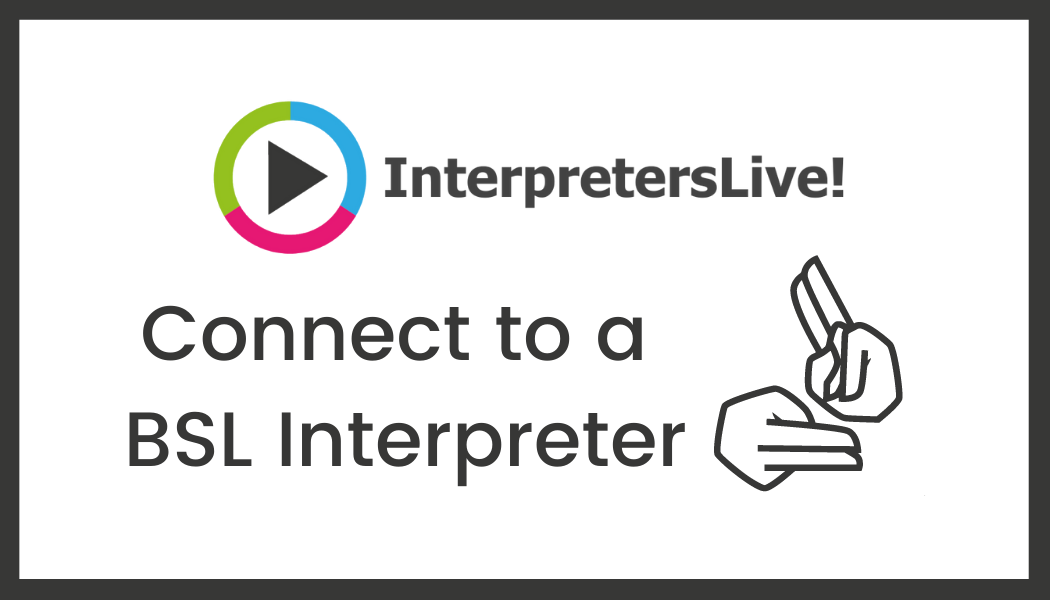
Working in sports can be a competitive environment. After all, employees want to impress their employer, make a lasting impression on their colleagues, and consistently develop their professional brand. This often means every work environment is filled with people competing for a space in the spotlight.
The more time and effort you commit to making yourself stand out in your workplace, the more likely you'll be to earn fantastic recommendations, promotion opportunities, and more.
Plus, championing yourself in your role can help increase job security by showing business leaders how valuable you are to the team.
In recent years, standing out in the workplace has become more important and complex, thanks to the rise of hybrid and remote working. Around 96% of employees in one study said they believe it's now crucial to maintain "visibility" in the workplace.

Step 1: Take Initiative
While establishing yourself as a reliable employee is doing what's expected of you, completing daily projects on time, and following standard operating procedures, it's important to go above and beyond expectations.
Research shows proactive people in the workforce are often viewed as better performers, innovators, and contributors. Taking the initiative occasionally shows your employer you understand the business's goals and you're willing to act without being prompted.
The key to success is knowing when to take the initiative. If your employer asks you to do something a specific way, following instructions carefully will likely reflect better on you than taking a more creative approach. Some great ways to take the initiative (safely) include:
· Suggesting solutions to common problems in meetings or work conversations.
· Volunteering for new projects or asking to take on additional work.
· Seeking out new opportunities to improve your performance, such as investing in training outside the office or developing new skills.
Step 2: Develop your Skills
Think about your current strengths and weaknesses and how they influence your work. Which skills could you develop to make yourself more valuable to your employer? For instance, working on your leadership skills could be valuable if you want to lead your team one day.
If your company is constantly investing in new tech and software, learning how to use common industry tools effectively will mean you can maintain your performance in the future.
There are plenty of ways you can work on developing your skills as a staff member. For instance, you might attend events and conferences to learn from other industry experts, sign up for training programs or workshops, or explore online courses.
If you're unsure which skills to develop, consider speaking to one of your supervisors or managers and asking for their insights on what you can improve.
Step 3: Build Your Network
Who you know in the sporting landscape can often be as important as what you know. Building a strong professional network improves your credibility with your existing employer by demonstrating your commitment to thriving in your industry. At the same time, it can also improve your chances of finding new opportunities for roles in the future.
Think about both internal and external networking. From an internal perspective, you can focus on building relationships with as many people as possible, from your colleagues to managers and supervisors. The more you connect with other team members, the more you'll be able to work collaboratively and establish yourself as a crucial part of the workforce.
Externally, look for ways to connect with people who can help you develop your skills and expand your industry knowledge. Participate in groups and forums online, reach out to relevant individuals on social media networks like LinkedIn, and attend conferences to meet new people.
Step 4: Showcase your Accomplishments
In an ideal workplace, managers and business leaders will naturally recognise your accomplishments and reward you for your hard work. However, in the rapidly evolving sports landscape, it can be difficult for any supervisor to keep track of every employee's achievements.
If you accomplish something fantastic in your role, don't be afraid to draw attention to it. If you can provide evidence to showcase the impact of your achievements, this can be extremely helpful too.
For instance, sharing graphs, statistics, or positive reviews with your manager will help them identify your contributions' value.
Saving information about your achievements into a personal file could also be a great way to start cultivating the evidence you need to convince an employer you deserve a promotion. You could also create presentations showcasing your achievements over the year that you share in a performance review. Just make sure you congratulate colleagues for their accomplishments too.
Step 5: Be a Team Player
While it's important to draw attention to yourself as a fantastic employee, it's important not to overshadow your colleagues. Around 37% of employees say teamwork is very important to them, and many of today's staff members want to be part of a collaborative workforce.
Committing to being a "team player" will help you to build better relationships with your colleagues, which means you'll have access to more support and assistance in your role.
Being a team player means committing wholeheartedly to group projects, sharing your knowledge freely, and looking for ways to support other staff members. Offer advice and guidance when you can, be willing to assist team members when they ask for help and know how to balance leadership with being "part of the group".
Champion Yourself in the Workplace
Championing yourself in the workplace and ensuring you effectively stand out to your employer, supervisors, and managers takes time and dedication.
However, suppose you can consistently take the initiative, develop your skills, showcase your accomplishments, and act effectively as part of a team. In that case, you'll be more likely to shine in the eyes of business leaders.
Let's connect on Linkedin to discover more expert tips, advice and our amazing job opportunities!




